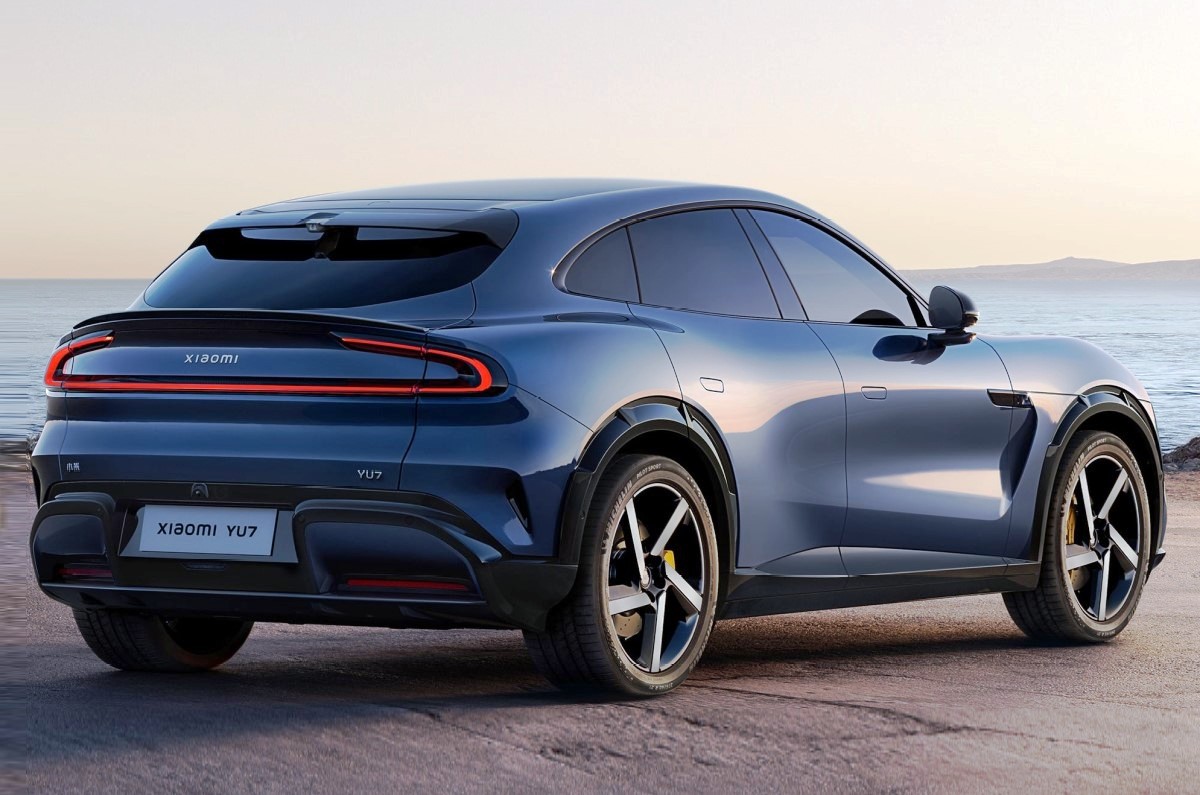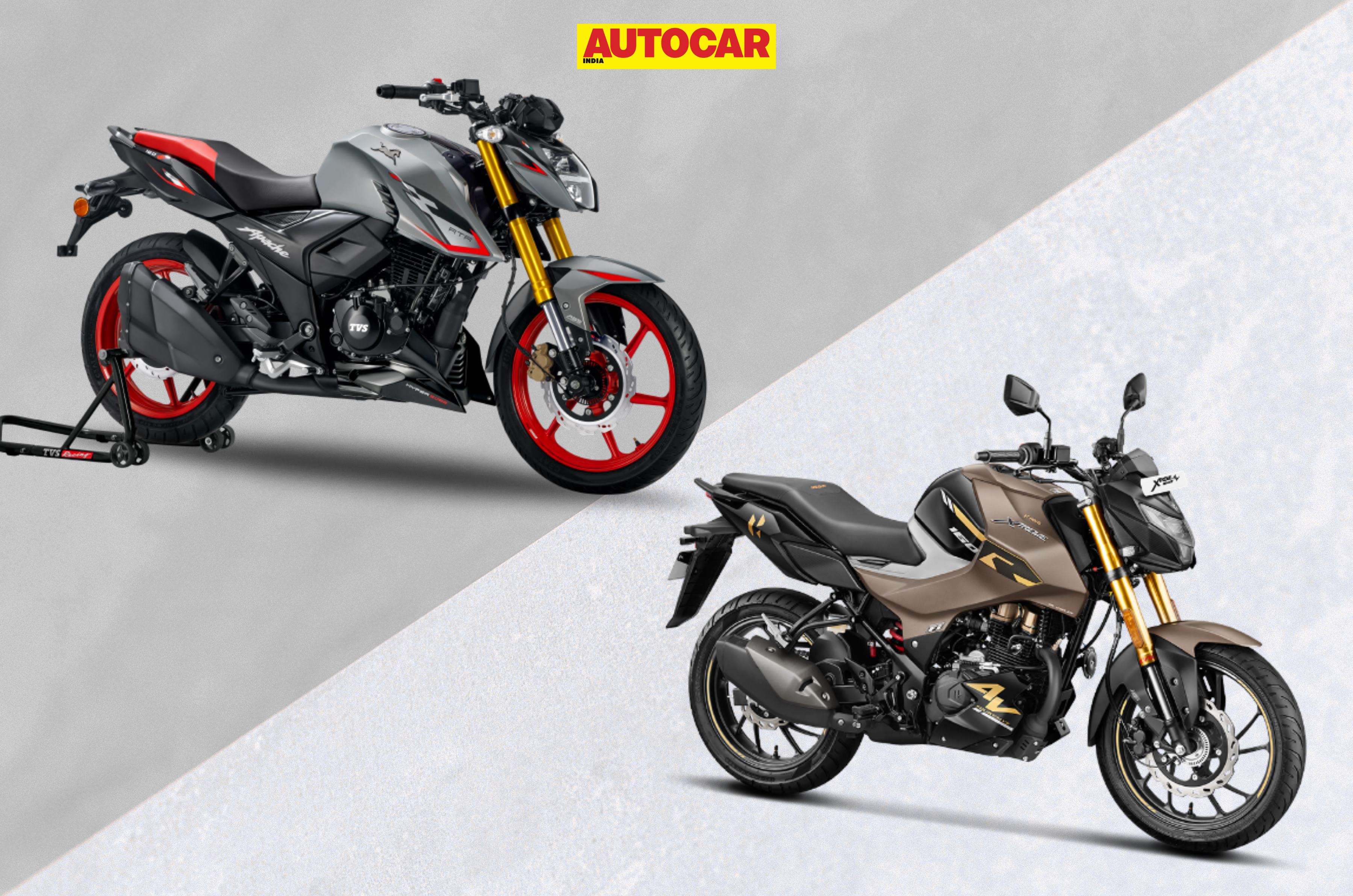
Xiaomi has taken the wraps off its second model, the YU7 SUV. Based on the SU7 sedan, the electric vehicle marks the world’s third-largest smartphone manufacturer’s foray into the SUV segment. Xiaomi has said it will be available in China by July 2025, and the brand plans to prioritise domestic sales for the first two to three years, citing strong local demand, before considering exporting the e-SUV.
- YU7’s overall length surpasses SU7, though both have the same wheelbase size
- Its top speed of 253kph is slightly lower than that of the SU7 Max
- Tesla supplier CATL will provide batteries for the Xiaomi YU7
Xiaomi YU7 design and dimensions
The Xiaomi YU7’s wheelbase of 3,000mm is the same as the SU7’s, but it is 2mm longer, at 4,999mm. With a width of 1,996mm and a height of 1,600mm, the e-SUV is also 3mm wider and 160mm taller. For some perspective, the YU7 is larger on every metric than its primary rival, the Tesla Model Ywhich is 4,751mm long, 1,920mm wide, 1,624mm high and has a wheelbase of 2,890mm.
Visually, the e-SUV takes a lot of cues from the SU7 – the blanked-off grille, teardrop-style LED headlights and darkened bits in the lower section of the bumper. Flush pop-up door handles are also carried over, but the black wheel arches are new. The SUV also carries over the signature roof hump, hinting at the inclusion of LiDAR technology for advanced driver assistance systems (ADAS).
Differentiation comes in the form of a new design for the alloy wheels and the rear tail light section. Overall, the YU7 features a more swoopy crossover-like design, much like the Ferrari Purosangue, with large haunches and plastic cladding bringing the requisite SUV cues. Xiaomi has yet to reveal specifics about the interior.
Xiaomi YU7 battery, power specs
The YU7 SUV has been revealed with a dual-motor setup – 299hp (front) and 392hp (rear) – delivering a combined output of 691hp, as per the regulatory filing in China. This setup, which is more powerful than the higher-spec SU7’s 673hp Max variant, is capable of hauling the 2,405kg (kerb weight) SUV to a maximum speed of 253kph. The SU7 Max is about 200kg lighter and reaches a top speed of 265kph.
For the YU7’s battery, Xiaomi has partnered with China-headquartered CATL, which also makes batteries for Tesla. Notably, Tesla is CATL’s largest customer. Although the exact capacity of the NMC battery has not been disclosed, it is expected to be the same 101kWh unit that powers the high-end SU7 models. While this pack delivers up to 830km of CLTC range in the sedan, the heavier e-SUV will likely have a slightly shorter range on a single charge.
The entry-level RWD variants of SU7 use LFP-chemistry batteries and the Xiaomi YU7 may share the same unit, if a two-wheel-drive version is made available.
Xiaomi showcased the SU7 sedan in India earlier to assess interest in its debut model, but there’s no indication that the company will launch its vehicles here anytime soon.
Also see:






















































![FROM v IND [W] 2024/25, Australia Women vs India Women 3rd ODI, Perth Match Report, December 11, 2024 FROM v IND [W] 2024/25, Australia Women vs India Women 3rd ODI, Perth Match Report, December 11, 2024](https://wassets.hscicdn.com/static/images/lazyimage-noaspect.svg)
![[달려라 석진] EP.13 | 김석진씨와 결혼하고 싶은 사람만 보세요 [달려라 석진] EP.13 | 김석진씨와 결혼하고 싶은 사람만 보세요](https://dartjets.com/wp-content/uploads/2024/12/1733943301_maxresdefault-120x86.jpg)